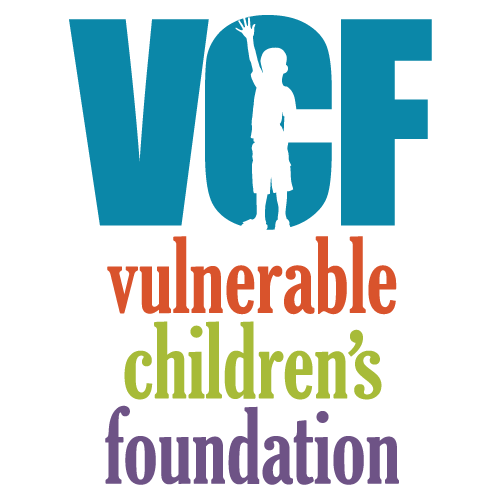Let’s Hear it For the Girls
Known to many simply as “VCF,” the full name of the VCF is the Edgar H. and Meta A. Hoenecke Vulnerable Children’s Foundation. Rev. Edgar and his wife Meta, a nurse, were passionate about mission work in Africa, both theological and medical. Edgar’s efforts laid the groundwork for what would become the Lutheran Church of Central Africa (LCCA), and Meta’s work was instrumental in the founding of Zambian medical missions.
As a nurse, Meta was well-educated and became a productive partner in ministry, complementing Edgar’s pastoral work. With his mother Meta as inspiration, son Dr. Heinz Hoenecke developed the conviction that his daughters and granddaughters should be free to pursue high degrees of education and be well-prepared to support themselves.
Following in his parents’ footsteps, Heinz and his wife Alice were also active in Africa, establishing medical projects and ultimately starting the two schools now supported by the VCF. The couple’s children were eager to take on their parents’ vision, founding the VCF and naming it in honor of Edgar and Meta.
Unfortunately, in the areas of Africa where the LCCA operates, girls are often excluded from educational opportunities. A cultural resistance to education for girls is only partly to blame for this exclusion nowadays; the main barrier to girls’ education is poverty. 1 Tuition costs and inadequate water and sanitation restrict girls’ access to education, along with a frequent need for extra household income, often a responsibility assigned to girls. 2
Although poverty keeps girls in Africa from receiving an education, an education is often what keeps these girls out of poverty. When a girl is educated, poverty is reduced, and incidences of HIV/AIDS are lowered. 1 Educating a girl changes her destiny—and an education at an LCCA school seeks to change her eternal destiny.
Recognizing such facts, and fueled by their passion for girls’ education, Dr. Heinz and Alice Hoenecke insisted as one of the core principles of the LCCA schools that enrollment at both schools be required to be at least 50 percent female. In this way, through its support of these schools, the VCF is proud to be set apart from other charitable academic organizations.
The implementation of this principle has truly had a positive impact on the lives of girls in Lusaka, Zambia. As one example, consider the remarkable story of Olipah. An orphan at the age of 9, Olipah was disenrolled from school and working to earn money for her grandmother, with whom she lived and who had no reliable source of income. A philanthropic teacher learned of Olipah’s intelligence and thirst for knowledge and began to support Olipah with school requirements, including fees, books, and uniforms.
But when the teacher retired, Olipah’s schooling ceased. Determined to continue her education, Olipah moved to live with her aunt, in Lusaka. Her aunt, however, wanted Olipah to take care of the housework in her home and was not concerned with schooling. Olipah took it upon herself to enroll in school, finding the LCCA’s Matero School and completing enrollment forms. In 2019, Olipah completed her final year at Matero School, earning top honors and high scores—a true display of endurance and a triumph of her unwavering spirit.
Olipah was accepted into secondary school, and today, in 2024, Olipah is in her final high school examination class. As a result of the education she received, her future is very bright. She shares:
“I wish to express my sincere gratitude to all the sponsors, because without you, I would not have made it this far, or anywhere near completion of school. You provided for me at my neediest time of my life. … May God continue to bless you and grant you prosperity as you continue to help others who might be facing similar or worse conditions than mine.”
In VCF-sponsored schools, hundreds of girls receive a free, faith-based education. Through this education in both the truths of God’s Word and the skills necessary for a productive life on earth, children (both boys and girls) have hope for a future. Consider joining our efforts, and together we can make a difference, for now and for eternity.
1. Cotton, Ann. “The Importance of Educating Girls and Women – The Fight Against Poverty in African Rural Communities.” UN Chronicle.
2. Mutume, Gumisai. July 2005. “African Women Battle for Equality.” Africa Renewal.

